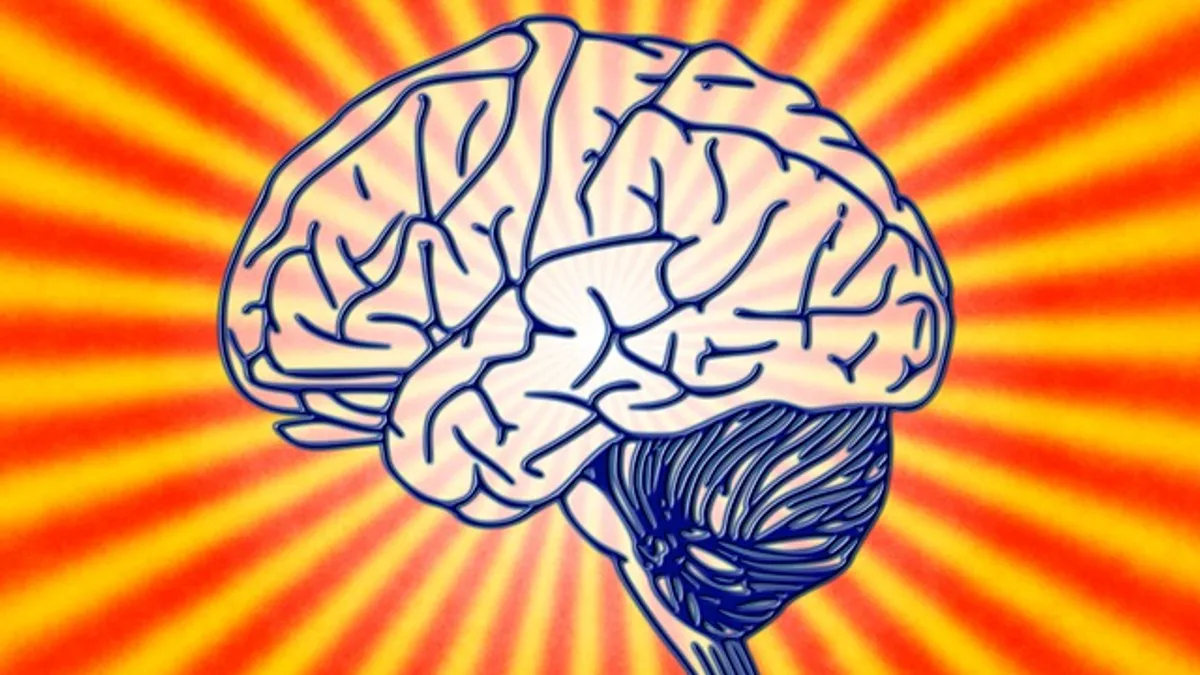Technobabble is our look at the weird, wonderful and wildly creative aspects of technology and the tech industry. If you have any babble, feel free to email directly or reach out on Twitter.
There is no magic formula for genius. Of the brilliant minds history can look back on, there is not one personality trait drawing them together. Albert Einstein, Bobby Fischer and Grace Hopper operated in their own way, minds and personalities completely unlike one another.
Now, people can absolutely have an aptitude toward one skill or another. For example, many software developers have traits in common, but that is not to say they are all the same.
Still, countless hours and resources are dedicated toward understanding what makes people tick. In particular, when researchers encounter and extremely successful person, it makes sense they would want to understand what drives an individual.
No where is the concentration of smarts more apparent than in Silicon Valley. It attracts the best and the brightest with scores of ambitious people looking to make their start. For some, the goal is to become a star technical talent. For others, the plan is on starting the next Google or Facebook or [insert unicorn story here].
But perhaps there is something more sinister under the surface of Silicon Valley's brilliant minds.
In a recent panel at SXSW, experts drew a connection between Silicon Valley CEOs and psychopathic behavior. Not that tech CEOs have a proclivity for murder, but rather they have "psychopathic traits," which can actually come in handy when running a company, CNBC reports.
The psychopathic tendency to have a "profound lack of remorse, callousness and a lack of empathy" and the ability to blend any emotional or interpersonal deficits can work well for individuals in leadership roles, according to Michael Woodward, an organizational psychologist and executive coach, according to CNBC.
Psychopaths "have certain characteristics like fearless dominance, boldness and a lack of emotion," Woodward said.
Silicon Valley CEOs are not the only ones with psychopathic tenancies. According to Woodward, many successful presidents score high on the psychopathy scale.
The panelists were not alone in their psychopathic conclusions. A recent study found one in five executives have psychopathic traits that are "clinically significant," The Telegraph reports.
Corporate executives have about the same rate of psychopaths as prison populations.
There is something notably crazy about starting a company eventually worth billions in a garage or spinning an up-and-coming tool out of an online video game. Though it may be a slightly irrational act to start a company, as venture capitalist Bryan Stolle notes, many executives have an inherent ambition that is difficult to tamp down.
But operating under a psychopath-led company can prove challenging. John Hancock, a Stanford University social scientist, found a psychopath can create an environment with poor employee retention, according to CNBC. "Eight to 14 people could be lost because of one psychopath. That's the real cost of having something like that in your organization, especially if there's an HR cover-up."
Tech = Money
This week, Forbes came out with it's annual list of The World's Billionaires. Unsurprisingly, Microsoft co-founder and former CEO Bill Gates still reigns at No. 1, worth $86 billion. Gates is ahead of investor Warren Buffett and Jeff Bezos, founder and CEO of Amazon.
Tech reigns among the world's richest people, with Facebook founder Mark Zuckerberg (No. 5) and Oracle's Larry Ellison (No. 7) making the top ten.
Perhaps there's no limit to the riches. A British charity estimates that within 25 years, Gates could become the world's first trillionaire, according to Market Watch.
But these tech innovators are putting their riches to good use, through philanthropy and sometimes space-related pet projects.
Oh, and of course, robots.
I just got to pilot an awesome (and huge) robot thanks to Hankook Mirae Technology. Nice! #MARS2017 pic.twitter.com/MvN6ghEYFi
— Jeff Bezos (@JeffBezos) March 20, 2017
One last thing
While some are debating whether the earth is flat, others are trying to decide whether or not humanity is living inside of a computer simulation. Physicist and research fellow at the Frankfurt Institute for Advanced Studies Sabine Hossenfelder declared that "no, we probably don't live in a computer simulation."
Her pronouncements come after Swedish philosopher Nick Bostrom said it is likely humanity lives in a computer simulation and there is an existential risk the super intelligent entity running the show could shut the simulation down.
But Sabine is having nothing of those claims. "Proclaiming that 'the programmer did it' doesn't only not explain anything — it teleports us back to the age of mythology," she wrote. "The simulation hypothesis annoys me because it intrudes on the terrain of physicists. It's a bold claim about the laws of nature that however doesn't pay any attention to what we know about the laws of nature."













